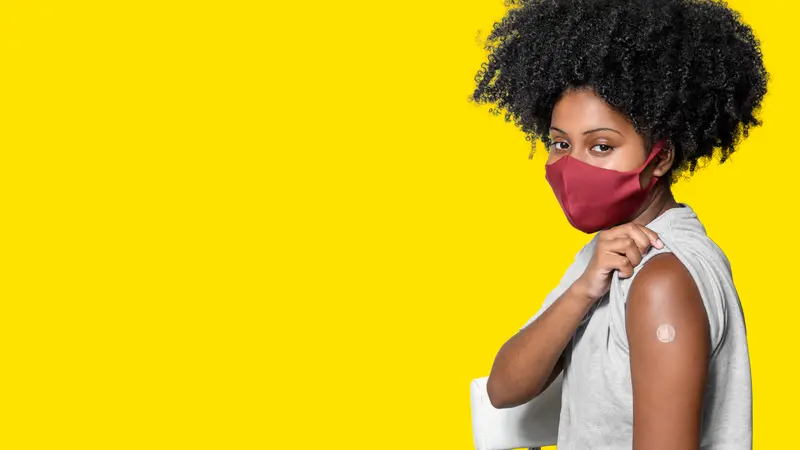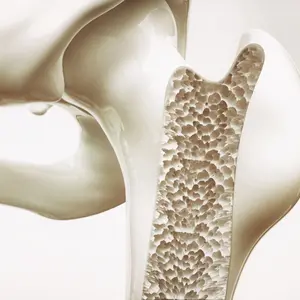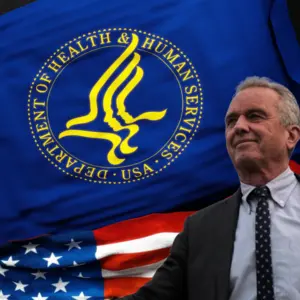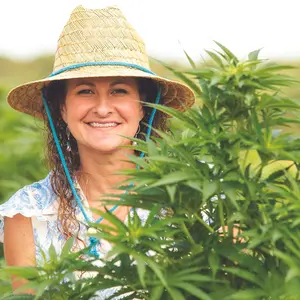

Industry News

Industry News
Overcoming Vaccine Hesitancy among Black Americans
Although Black Americans have been disproportionately affected by the COVID-19 pandemic, with higher rates of infection and death than white Americans, vaccine hesitancy has been higher than average in Black communities.
Research has shown that Black Americans generally trust their own healthcare providers, but have less trust in drug companies, pharmacies and clinics, and the Food and Drug Administration. Statistics released by Kaiser Family Foundation in February show that in 20 states the percentage of Black people who received COVID vaccines was half or less than half the proportion of Black COVID cases.
A number of organizations have set out to change community sentiment toward the vaccine, including the Health Advocates In-Reach and Research (HAIR) network, a collaboration between Black barbershops and public health based in Maryland. Since the pandemic began, the HAIR network, led by Stephen Thomas, director of the Maryland Center for Health Equity at the University of Maryland, has facilitated on-site testing services and conducted town hall meetings to share information about the virus.
As researchers have learned more about the virus, the rapidly changing information has contributed to an unprecedented amount of misinformation, which can affect vaccine acceptance. A poll conducted by the COVID Collaborative, a new national collective to unite Americans around shared challenges, found that 31% of Black people have little or no knowledge of how vaccines work and 41% have little or no knowledge about how vaccines are developed and tested.
A community response team led by Hassanen Mohamed in the Twin Cities has been disseminating information in their multipronged approach. According to Mohamed, the best way to overcome misinformation is “engagement, engagement, engagement.” A collaboration between the Public Good Project and Zignal Labs resulted in the COVID communications tracker Project RCAID, which monitors COVID-19 information across various populations.
Experts agree COVID messaging is best accomplished by partnerships between state health departments and community leaders and organizations. “It’s important to really work with the people on the ground and from the communities,” says Joneigh Khaldun, MP, MPH, the chief deputy director of the Michigan Health and Human Services (MHHS) Department. What is needed in one city may be very different from what is needed in another city within the same state, he notes. Working with community leaders and organizations enables the MHHS to build trust.
At vaccine administering sites, staff must meet any reservations with empathy rather than shame. Minnesota Community Care, a nonprofit clinic serving underprivileged communities that has been administering the vaccine since January, has created videos and flyers to dispel myths about the virus and trained healthcare workers to communicate with patients about their concerns. At the clinic visitors are shown slides with facts about the vaccine, in an effort to get information to people who may not be reachable by social media, such as the homeless.
Data show these measures are getting results as vaccine acceptance steadily rises. One survey, released in March by NPR/PBS NewsHour/Marist, found that racial differences in vaccine hesitancy have been largely overcome, with 73% of Black respondents saying they planned to get a COVID-19 vaccine or have done so—about equal to the percentage of white respondents.
REFERENCES
McLernon, L. M. (2021, February 9). Experts seek to allay COVID vaccine hesitancy in Black Americans. Center for Infectious Disease Research and Policy. https://www.cidrap.umn.edu/news-perspective/2021/02/experts-seek-allay-covid-vaccine-hesitancy-blac…
Summers, J. (2021, March 12). Little difference in vaccine hesitancy among white and Black Americans, poll finds. National Public Radio. https://www.npr.org/sections/coronavirus-live-updates/2021/03/12/976172586/little-difference-in-vac…?


 By
By







